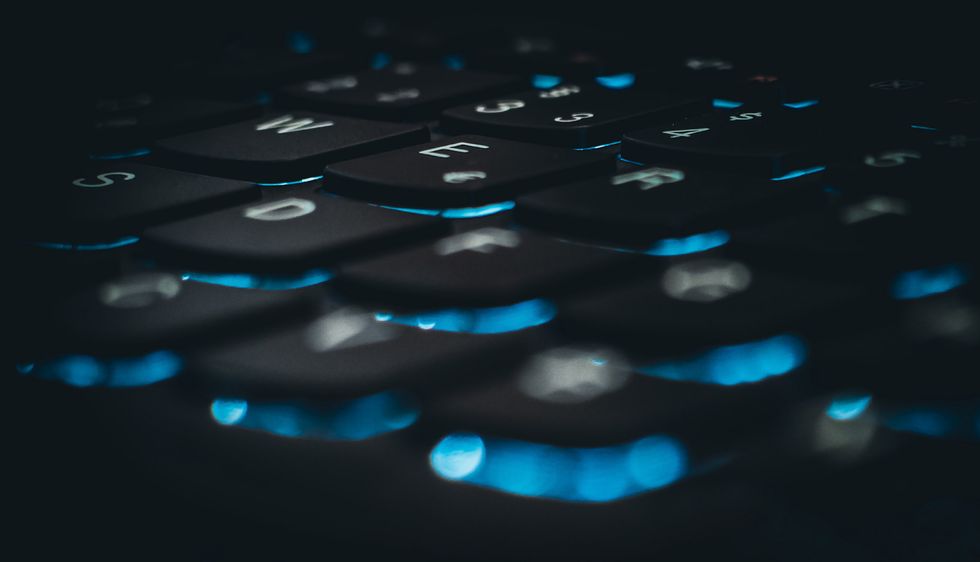July and August of 2016 were exciting months. I began drafting my first novel (still unfinished), got my first smartphone, took a trip down the Oregon and California coasts, got my first computer, and started college. Yay!
As you see, I've only had my own personal computer for about 20 months. In that time, I've used it extensively for schoolwork, writing, and, yes, social media. Without realizing it, I quickly became attached to the sleek silver clamshell. Much of what was important to me was done through my computer.
It was great.
Let me emphasize "was". Just a couple weeks ago, my keyboard and trackpad more or less stopped working, and I haven't been able to get it fixed yet. I can kind of do stuff with an external keyboard plugged in, but the trackpad is stuck on right-click, which is a challenge. None of this is conducive to working on homework (or anything else) efficiently.
I never knew how much I relied on my computer until I couldn't use it anymore. I was so used to having my own computer that I took it for granted. Now, I must be intentional about my computer usage, since I either borrow my mom's computer or use the computer labs at school. I can't just casually flip it open and poke through Facebook.
A while ago, I deleted Facebook from my phone because I realized that it was too much of a temptation for wasting time. Surely I wouldn't spend as much time on social media if I was only logged in on my computer. I was wrong, of course.
The internet is unequivocally a major distraction. It's so easy to say I'm just going to check if there's any important communication, but that quickly turns into a half hour of mindlessly wandering Facebook, Twitter, and DeviantArt. When it wasn't social media, I'd be looking up news about upcoming Star Wars and Avengers movies, or browsing through old pictures in my library.
Let me make something clear: I did not throw all of my wasted time to entirely brainless pursuits. My computer had pseudo-productive ways for me to fritter away the hours. I would get worldbuilding ideas for a potential and spend a while typing and researching, or maybe work on updating my campus bird list. While these things are not wrong in and of themselves, they are a problem when they interfere with my responsibilities.
Now that my access to computers is more limited, I am forced to be much more careful with how I spend my time on the computer. A much greater proportion of my computer time these days is actually productive, compared to when I freely opened my computer whenever I wanted to. Overall, I'm also spending less time on the computer.
The results have been mostly positive, I think. The reduced screen time is great for my eyes. I rediscovered the joy of writing stories by hand, and I've had more time to read. Except for when I have urgent assignments, I'm not on the computer late at night, which is good for helping me fall asleep. And as I already said, I'm becoming more efficient with my computer.
Unfortunately, I still procrastinate like nobody's business. It just takes different forms now. For example, I spent an hour and a half reading a novel when I should have been showering, studying, and getting ready for bed. I play games with my sister. Again, these things are wonderful, but only when I'm not putting off responsibility.
Time management is a completely different issue from computer attachment, which has finally sunk in. Okay, I know not to rely on computers so much anymore. That's a good thing. The habit of procrastination will take longer to break, since it's been with me for as long as I can recall, plus my prefrontal cortex isn't fully developed yet.
But hey, I'm making progress. With God's grace, I will continue to mature and learn how to handle my inclination to laziness. Breaking my attachment to my computer was a strong first step.






 The minimum wage is not a living wage.
StableDiffusion
The minimum wage is not a living wage.
StableDiffusion
 influential nations
StableDiffusion
influential nations
StableDiffusion












